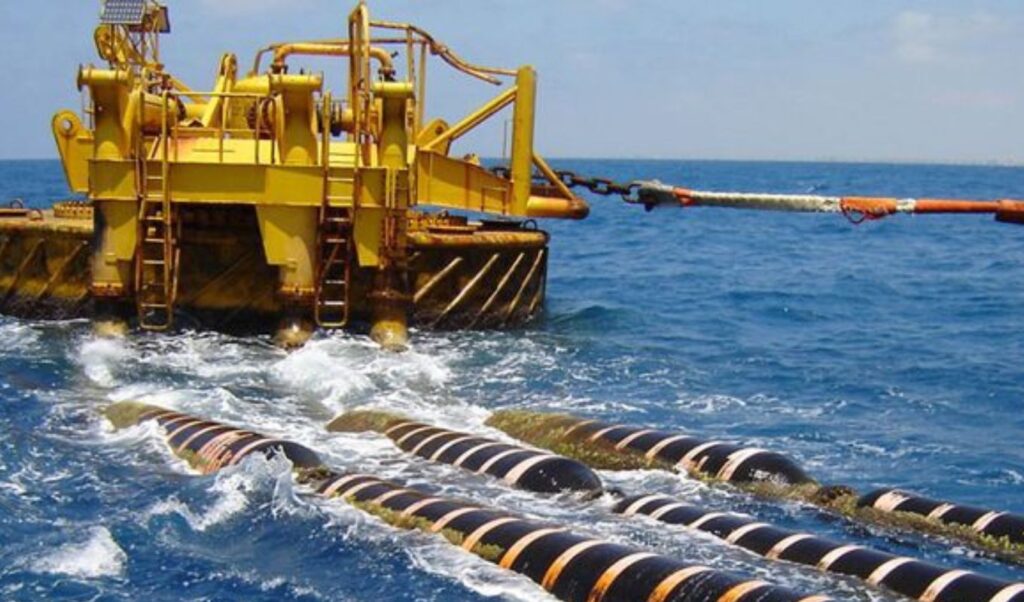An open front is developing between Athens and Nicosia over the electrical interconnection GSI project. As everything indicates, the government of the Republic of Cyprus appears determined to “freeze” the cable laying operations if ADMIE does not “implement certain commitments,” as Nikos Christodoulidis stated, though he avoided clarifying exactly which ones he was referring to. The issue is further complicated by the intervention of the European Public Prosecutor’s Office, which is conducting an investigation into possible criminal violations that, according to some sources, concern the initial implementation phase of the project, namely the years 2013-2021.
The Cypriot news network SigmaLive, in yesterday evening’s publication, presented data both on the investigation being conducted by the European Prosecutor and on the studies cited by Cyprus Finance Minister Makis Keravnos, which show that the electrical interconnection project is “non-viable.”
Regarding the European Prosecutor’s investigation, according to the report, “before her is a significant finding that emerged through the opening of bank accounts and concerns the aspect of selling the project from the Cypriot company of euroasia interconnector to ADMIE. It was revealed that within the framework of the sale, approximately 48.8 million euros were transferred by bank order from ADMIE to the Cypriot company. Like magic, however, the entire amount in question was returned by the Cypriot company to ADMIE after a few days. This is not a logical act, to sell something and then return the amount after a few days. Consequently, after this suspicious finding, the European Public Prosecutor’s Office has begun to follow the money. Where did the money go afterwards? Did it remain in the same account or was it dispersed to other accounts and if so, whose?”
Project viability studies for the cable
As for the viability studies of the project, the Cypriot news network presents two. The first study for the cable was conducted by the American law firm “Curtis” on behalf of the Republic of Cyprus. As noted, “the project refers to the risk of major damage, much greater than the initial capital of 100 million.” The second was conducted by the company “Exergia,” which initially had submitted to the European Investment Bank a study that predicted losses of millions of euros from the project’s implementation, while in a second study conducted by the same company a year later in collaboration with NTUA, it gave a completely different picture, predicting economic benefits of up to 8 billion euros over 25 years.
Athens’ stance on the cable
The government in Athens is awaiting Nicosia’s final decisions, which do not seem to be in a hurry. This is because, according to observers, within the Cypriot Government there are different views and tendencies regarding the “viability” of the project. A significant group around Finance Minister Makis Keravnos rejects the project, while another under Energy, Commerce and Industry Minister Giorgos Papanastasiou supports the project’s implementation.
From the prevailing of one or the other minister within the government, it will become apparent whether the project will ultimately continue or be postponed indefinitely, with all that this entails for Cyprus’s economy and the implications for its geostrategic dynamics.




